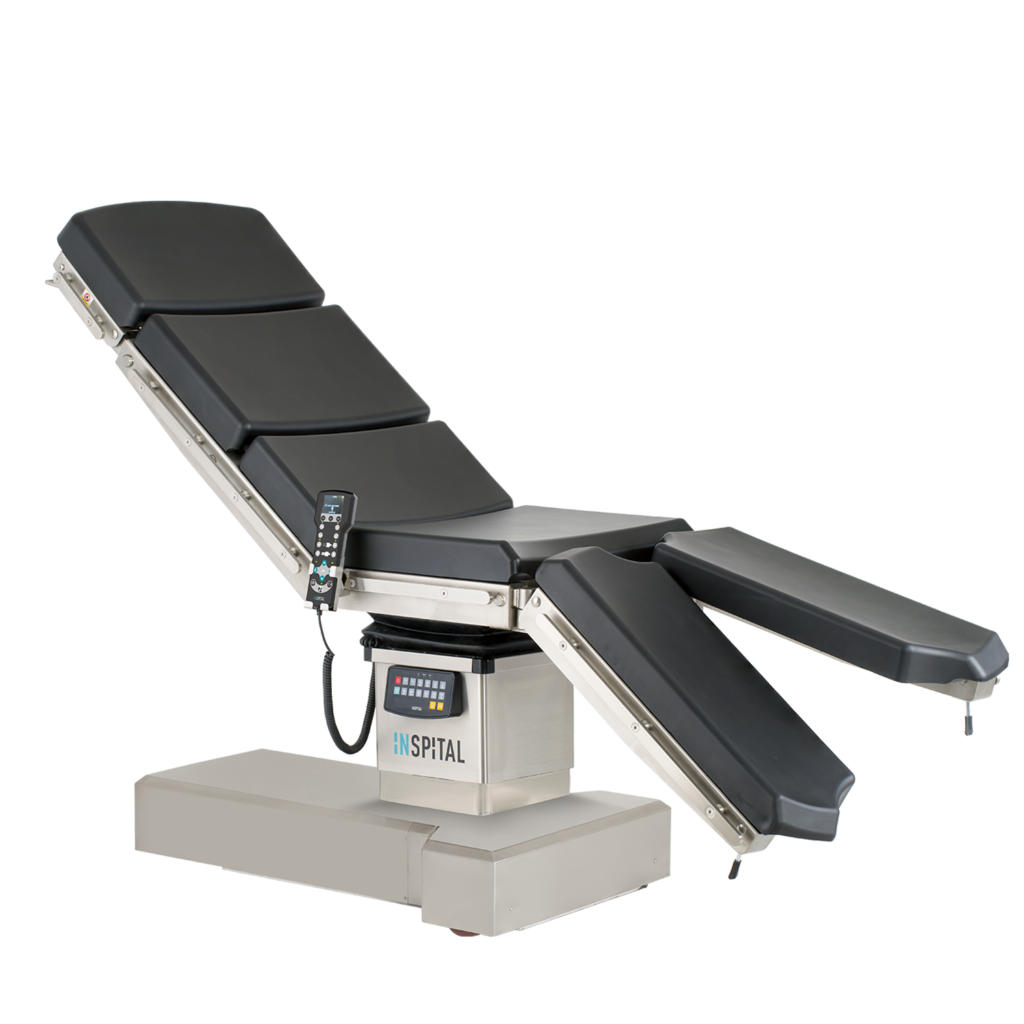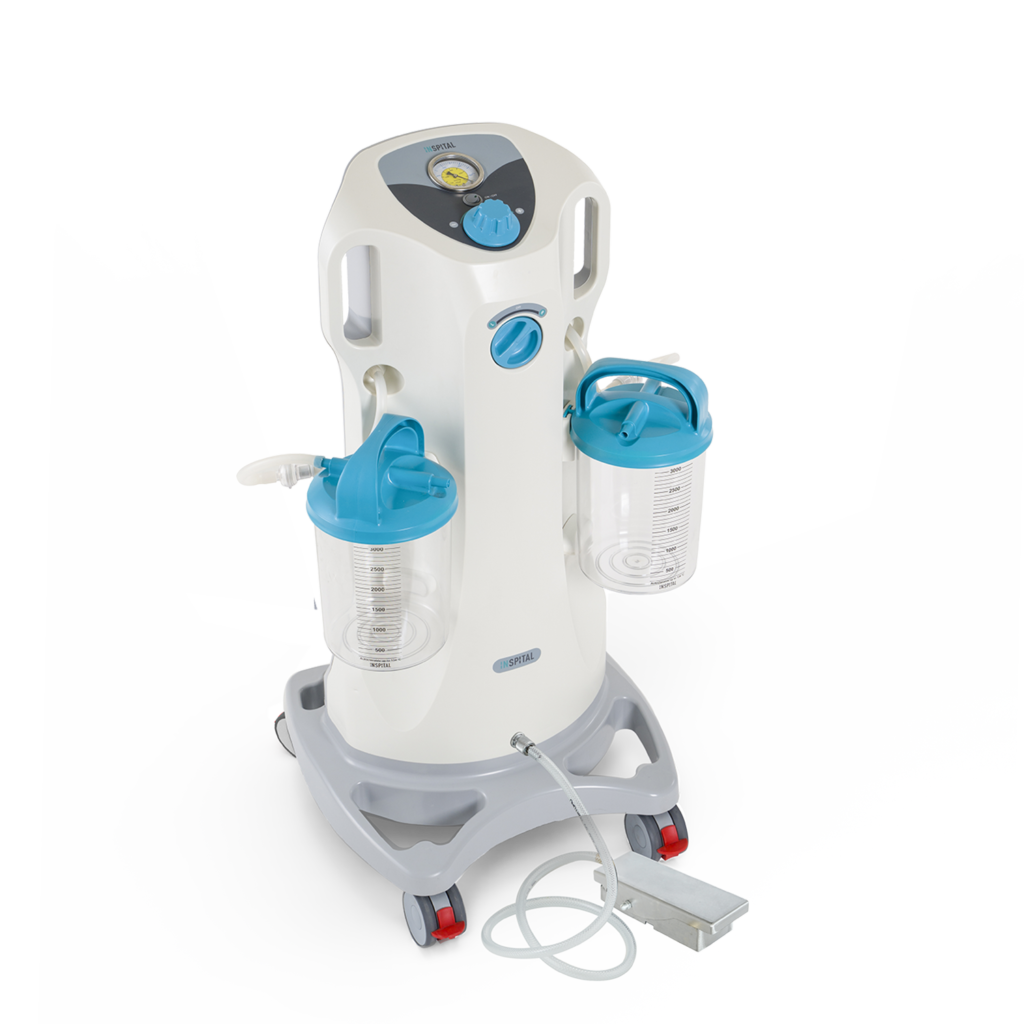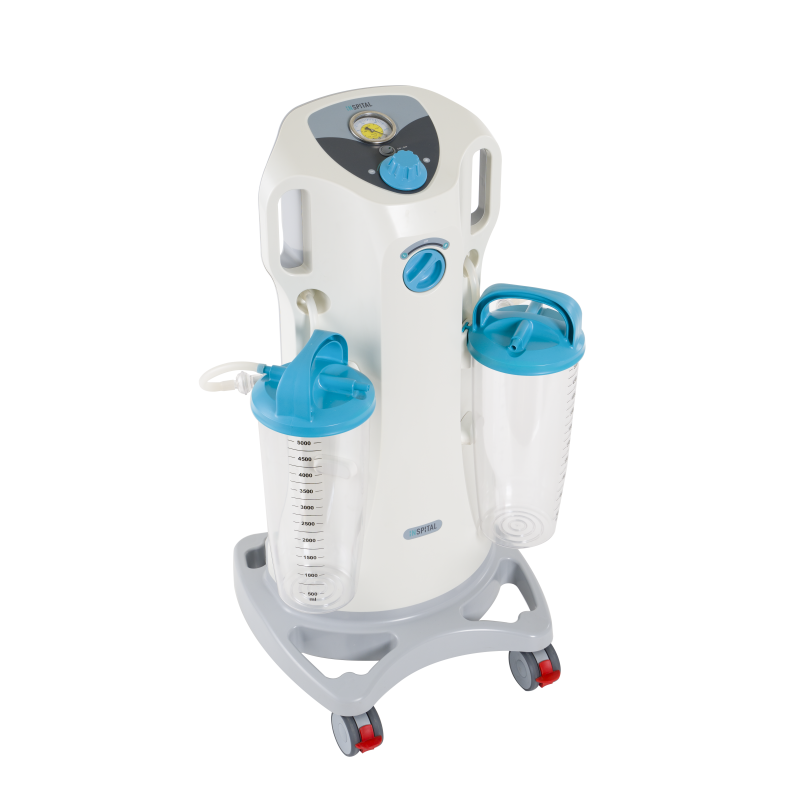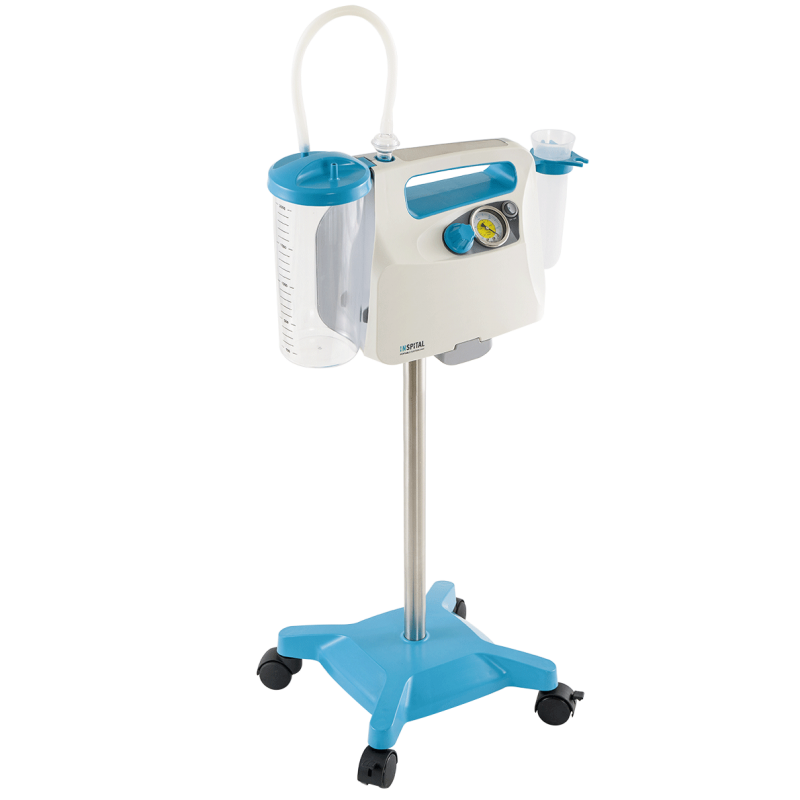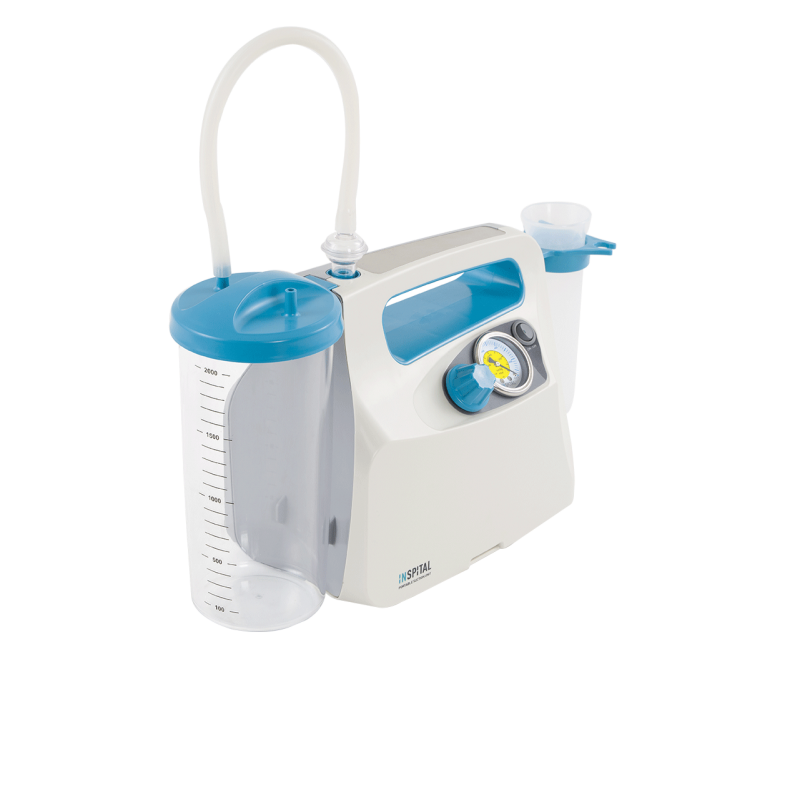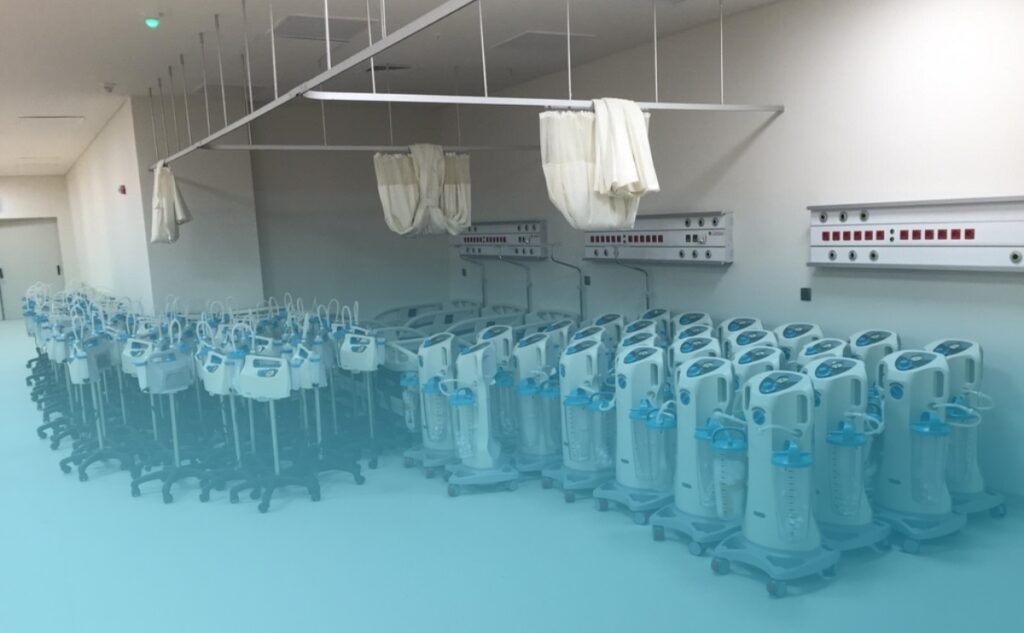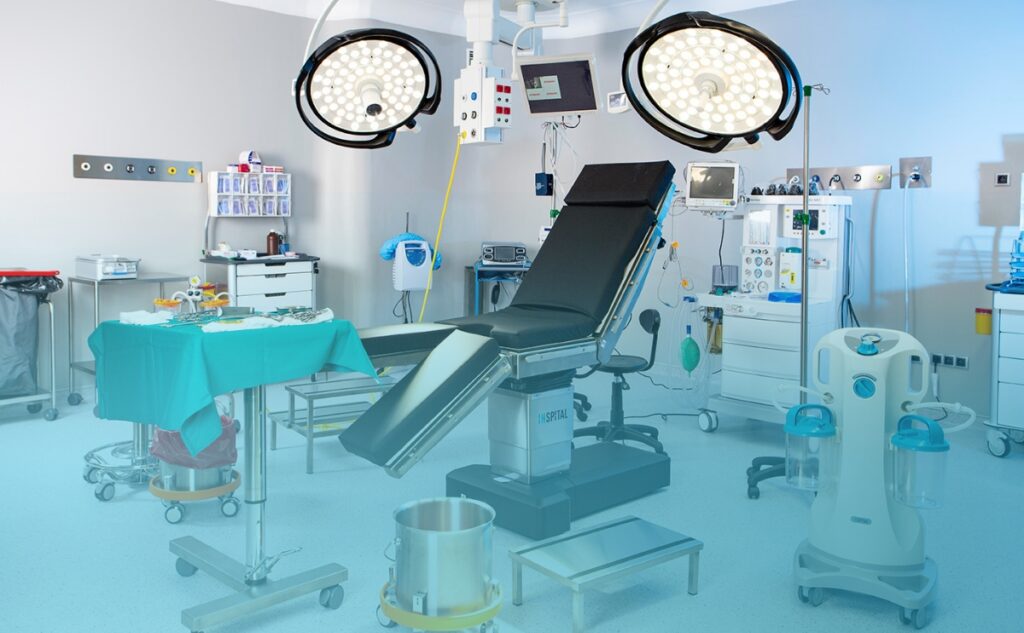Certifications in Medical Technology: A Guide to ISO 13485 Co.
- Certifications, Inspital Medical Technology

Contents
Essential Requirements of ISO 13485
ISO 13485 is the internationally recognized standard for quality management systems in medical technology. It sets requirements for companies that develop, produce, or distribute medical devices and ensures that these comply with legal regulations. ISO 13485 is based on the principles of general quality management but contains specific requirements for the medical technology industry.
These include:
A certified company thus proves that it adheres to the highest quality and safety standards. ISO 13485 is a prerequisite for the approval of medical devices not only in the EU but also in many other countries.
Other Important Certifications in Medical Technology
In addition to ISO 13485, there are a number of other certifications and standards that are relevant depending on the market and product category:
1. CE Marking (Europe): CE marking is mandatory for the distribution of medical devices in the European Economic Area (EEA). It indicates that a product complies with the requirements of the Medical Device Regulation (MDR) and can be used safely.
2. FDA Approval (USA): For the US market, medical devices require approval from the U.S. Food and Drug Administration (FDA). The requirements are particularly strict and include clinical trials as well as detailed product documentation.
3. MDSAP (Medical Device Single Audit Program): The MDSAP program enables a uniform audit of medical technology companies for multiple markets, including the USA, Canada, Brazil, Australia, and Japan. It reduces the effort for multiple individual approvals and facilitates market access.
4. ISO 9001: General Quality Management ISO 9001 is a general standard for quality management systems used across industries. In medical technology, it is often applied in addition to ISO 13485.
5. ISO 14971: Risk Management for Medical Devices This standard describes how risks of medical devices can be systematically identified, assessed, and minimized. It is closely linked to ISO 13485 and is an essential component of product approval.
Benefits of Certified Quality Management Systems
- Increased patient safety through tested and standardized processes
- Improved market opportunities through simplified approval procedures and international recognition
- Competitive advantages through proven quality and trust in the brand
- Increased efficiency through optimized processes and structured quality management systems
- Minimization of risks through preventive measures and consistent documentation
Challenges and Paths to Certification
The implementation of a certified quality management system involves considerable effort. Companies must create extensive documentation, adapt processes, and undergo regular audits. Important steps on the path to certification are:
Analysis of requirements: Which standards are relevant for the company and its products?
Implementation of a quality management system: Development and documentation of the required processes.
Internal audits and training: Preparation of employees and optimization of procedures.
Certification audit by an accredited body: External verification of compliance with standards.
Continuous improvement: Regular audits and updates to ensure long-term compliance.
Conclusion: Certification as the Key to Quality and Market Access
In medical technology, certifications are essential to meet the high standards of safety and quality. ISO 13485 forms the basis for quality management systems, while CE marking, FDA approval, and other standards regulate international market access. Despite the high effort involved, these certifications offer significant advantages: They strengthen trust in the products, facilitate approval processes, and enhance patient safety.
Are you looking for certified medical technology solutions? Inspital Medical Technology offers you tested products that meet the latest standards. Contact us now for individual consultation and discover our range of safe, high-quality medical devices!
Operating Table OT80.20 NOVUS
Prices visible to registered customers onlySurgical Suction Unit SU60.05
Prices visible to registered customers onlySurgical Suction Unit SU60.10
Prices visible to registered customers onlyPortable Suction Unit SU60.06T
Prices visible to registered customers onlyCurrent News
- Current News, Inspital Medical Technology, Research
News Press
Here you will find current news about trade fairs, congresses, PR and other relevant topics.
